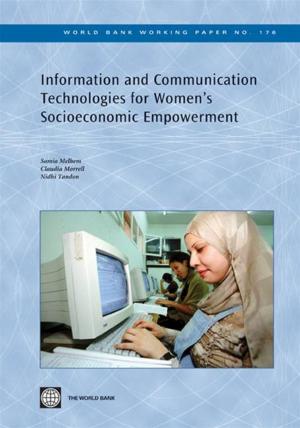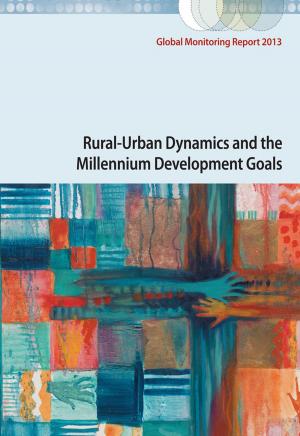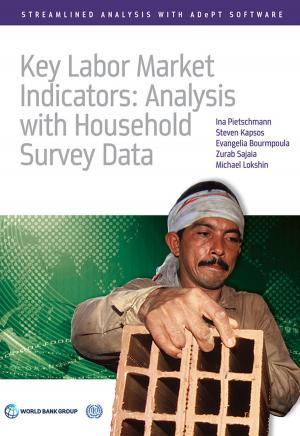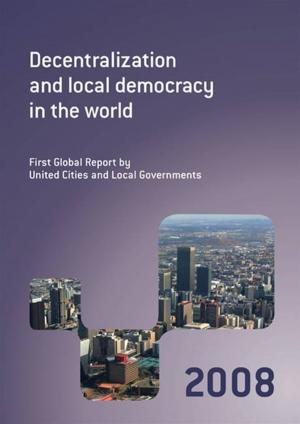Poor People's Knowledge: Promoting Intellectual Property In Developing Countries
Nonfiction, Reference & Language, Law, Intellectual Property| Author: | World Bank; Finger J. Michael; Schuler Philip | ISBN: | 9780821354872 |
| Publisher: | World Bank | Publication: | January 23, 2004 |
| Imprint: | Language: | English |
| Author: | World Bank; Finger J. Michael; Schuler Philip |
| ISBN: | 9780821354872 |
| Publisher: | World Bank |
| Publication: | January 23, 2004 |
| Imprint: | |
| Language: | English |
How can we help poor people earn more from their knowledge-rather than from their sweat and muscle alone? This book is about increasing the earnings of poor people in poor countries from their innovation, knowledge, and creative skills. Case studies look at the African music industry; traditional crafts and ways to prevent counterfeit crafts designs; the activities of fair trade organizations; biopiracy and the commercialization of ethnobotanical knowledge; the use of intellectual property laws and other tools to protect traditional knowledge. The contributors' motivation is sometimes to maintain the art and culture of poor people, but they recognize that except in a museum setting, no traditional skill can live on unless it has a viable market. Culture and commerce more often complement than conflict in the cases reviewed here. The book calls attention to the unwritten half of the World Trade Organization's Agreement on the Trade Related Aspects of Intellectual Property (TRIPS). TRIPS is about knowledge that industrial countries own, and which poor people buy. This book is about knowledge that poor people in poor countries generate and have to sell. It will be of interest to students and scholars of international trade and law, and to anyone with an interest in ways developing countries can find markets for cultural, intellectual, and traditional knowledge.
How can we help poor people earn more from their knowledge-rather than from their sweat and muscle alone? This book is about increasing the earnings of poor people in poor countries from their innovation, knowledge, and creative skills. Case studies look at the African music industry; traditional crafts and ways to prevent counterfeit crafts designs; the activities of fair trade organizations; biopiracy and the commercialization of ethnobotanical knowledge; the use of intellectual property laws and other tools to protect traditional knowledge. The contributors' motivation is sometimes to maintain the art and culture of poor people, but they recognize that except in a museum setting, no traditional skill can live on unless it has a viable market. Culture and commerce more often complement than conflict in the cases reviewed here. The book calls attention to the unwritten half of the World Trade Organization's Agreement on the Trade Related Aspects of Intellectual Property (TRIPS). TRIPS is about knowledge that industrial countries own, and which poor people buy. This book is about knowledge that poor people in poor countries generate and have to sell. It will be of interest to students and scholars of international trade and law, and to anyone with an interest in ways developing countries can find markets for cultural, intellectual, and traditional knowledge.















